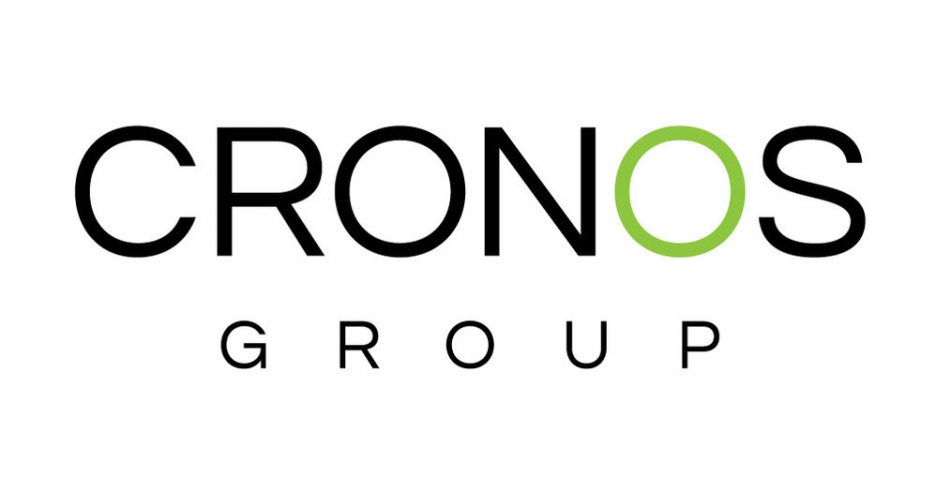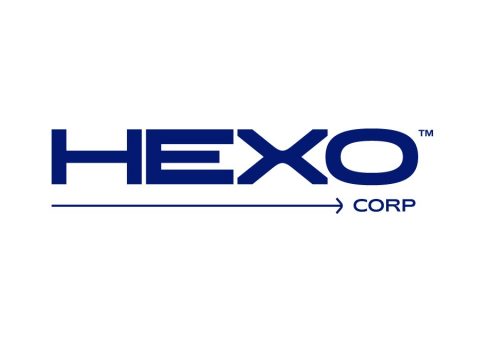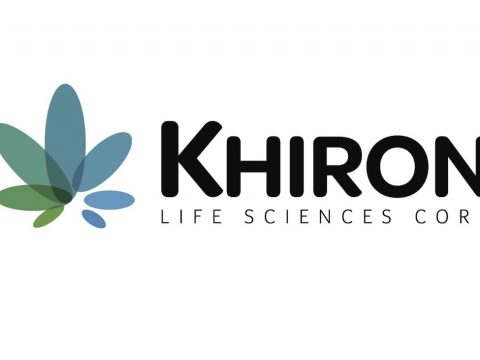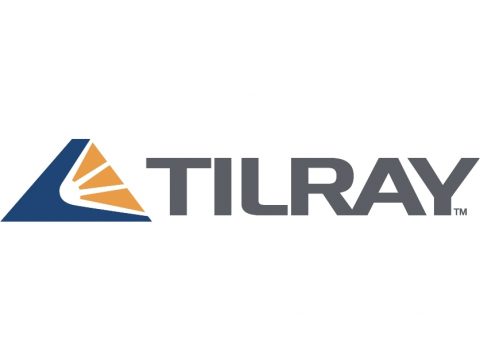Cronos Group Inc. (NASDAQ: CRON) (TSX: CRON) (“Cronos Group”), an innovative global cannabinoid company, and Ginkgo Bioworks, Inc. (“Ginkgo”), which is building the leading horizontal platform for cell programming, today announced an amended collaboration and license agreement (the “Amended Agreement”) that will enable the companies to accelerate the commercialization of cultured cannabinoids at scale.
The Amended Agreement with Ginkgo will enable Cronos Group to commercialize products using cultured cannabinoids ahead of reaching the originally stated productivity targets, while maintaining the incentives to continue to develop towards and achieve the previously agreed upon efficiency and cost goals. This approach is expected to facilitate Cronos Group’s cultured cannabinoid products being first to market in Canada, which will drive significant market knowledge and consumer insights that are expected to help deliver future novel and innovative consumer-driven products. Cronos Group expects that the final productivity target for CBG will be achieved prior to September 2021, as previously announced.
The Amended Agreement follows the receipt of Cronos Fermentation’s processing license in April 2021, and most recently the receipt of its CRA license. With the Amended Agreement and both licenses in hand, Cronos Fermentation commenced commercial production of CBG today. Cronos Group is prioritizing rare cannabinoids, such as CBG, and plans to sequence commercial production and subsequent product launches based on this approach.
“Beginning commercial production demonstrates the significant progress underway with our Ginkgo partnership and the competitive benefits we see in being first to market with innovative consumer products,” said Kurt Schmidt, President and Chief Executive Officer of Cronos Group. “Cannabis holds many unique compounds with a wide range of potential use cases and benefits. By leveraging Ginkgo’s research platform and our fermentation manufacturing capabilities, we believe we have disruptive technology that can deliver rare cannabinoids at scale and elevate the consumer experience.”
“Biological manufacturing is unlocking access to important cannabinoids that can be scaled up and produced reliably, consistently and economically,” said, Jason Kelly, Chief Executive Officer and Co-Founder of Ginkgo. “We look forward to continuing our work with Cronos to facilitate innovation bringing this powerful technology to the cannabis industry.”
Amended Agreement Terms
Under the terms of the companies’ original agreement, Cronos Group agreed to issue to Ginkgo up to 14.7 million common shares in the aggregate upon Ginkgo’s demonstration that certain microorganisms are capable of producing the agreed upon eight target cannabinoids above specified minimum productivity levels, with tranches of common shares issued as each of the eight milestone events (corresponding to such target cannabinoids) are reached.
Under the Amended Agreement, milestone events have been established for the early commercialization by Cronos Groupof products incorporating the target cannabinoids, such that, within each tranche of common shares to be issued, one-third of the common shares in the tranche will be issued on the date that Cronos Group sells a product that incorporates the relevant target cannabinoid to a third party. The remaining two-thirds of the common shares within such tranche will be issued upon Ginkgo’s demonstration that the relevant microorganisms can produce the relevant target cannabinoid above the corresponding productivity level in the original agreement. The aggregate number of common shares potentially issuable to Ginkgo has not changed as a result of the Amended Agreement.
Cronos Group has the exclusive right to use and commercialize certain key patented intellectual property for the use of microorganisms developed for the production of the target cannabinoids globally. All R&D work undertaken by Ginkgo is being conducted in compliance with U.S. federal law regarding controlled substances. Cronos Group intends to produce and distribute the target cannabinoids globally, where permitted by applicable law and subject to applicable regulatory approvals and has received confirmation that this method of production is permitted under the Cannabis Act (Canada).



